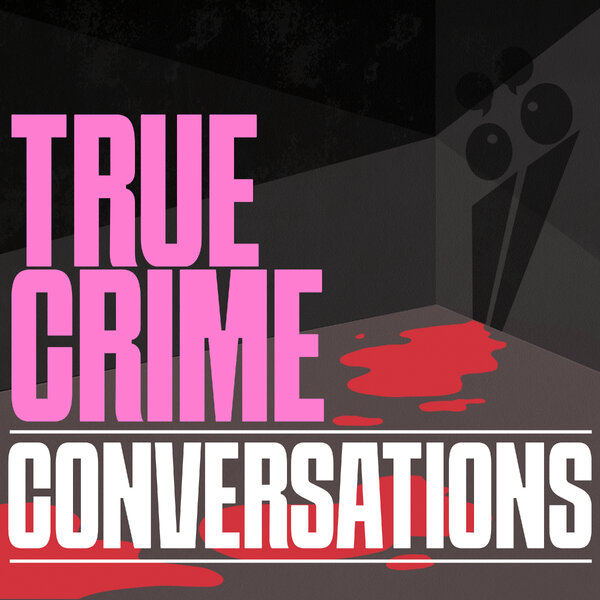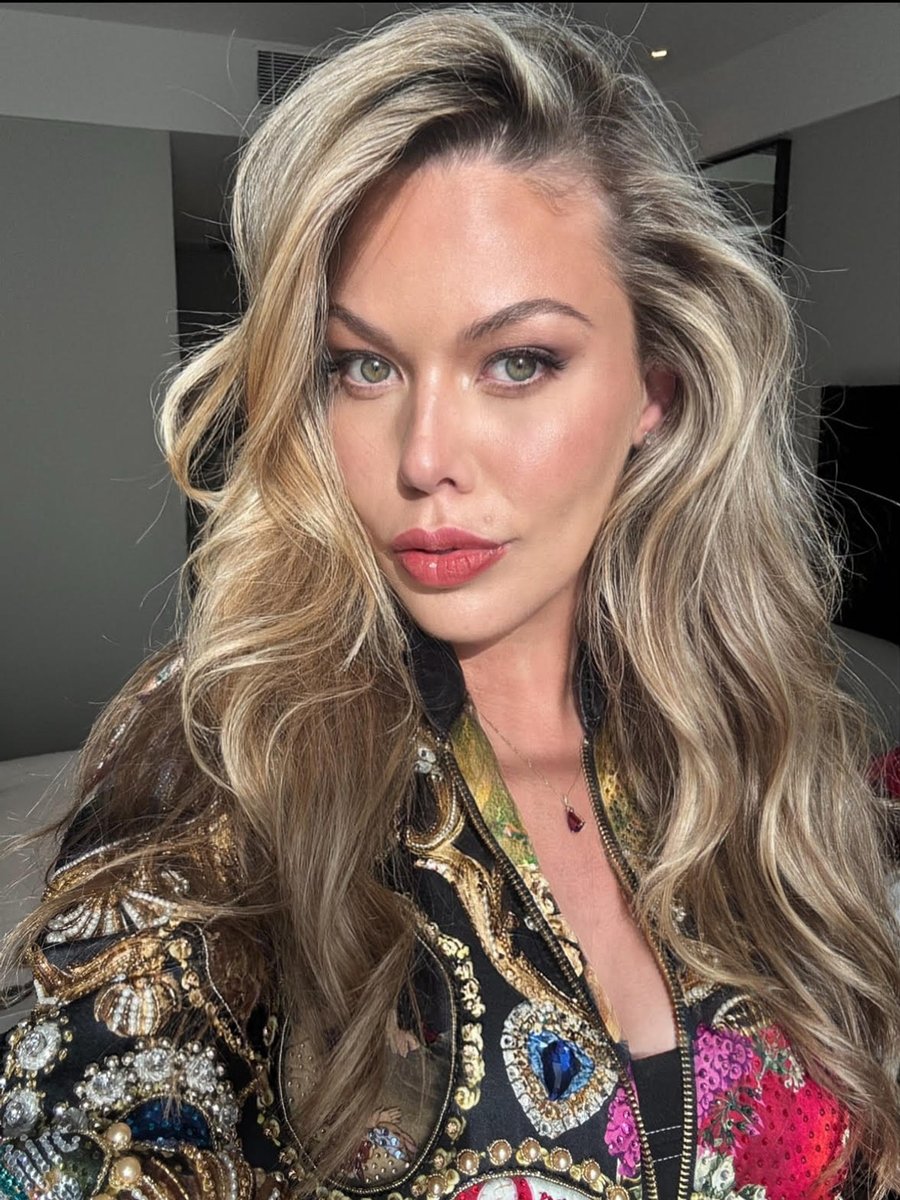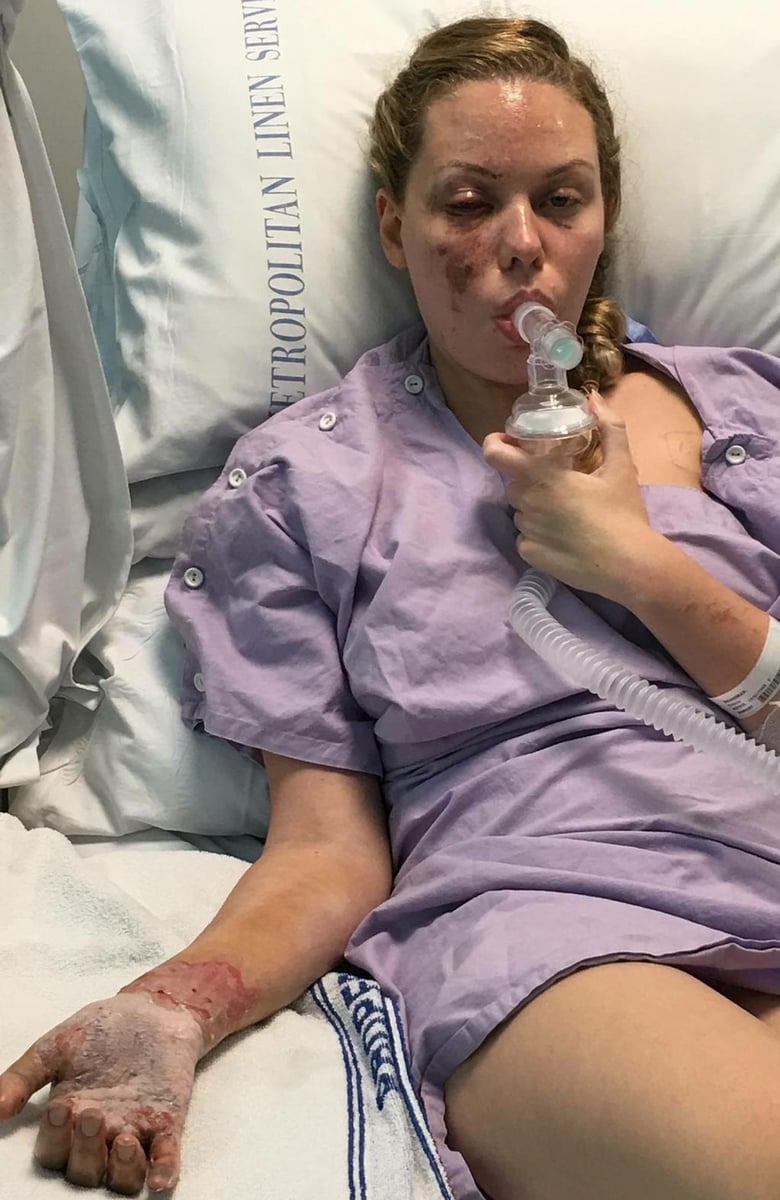
Before everything changed, Felicia Djamirze wore a crown and sash.
She represented Australia on the international beauty pageant stage as Miss Australia International, and would go on to win Miss Australia three times.
Her lifestyle became one filled with glamour and luxury.
But she didn't start off with such lavish riches.
Growing up in 1990s Blacktown, she was no stranger to crime and was surrounded by addiction.
When life offered her a way out, she took it, and quickly became enmeshed in the clubbing scene, the bikie scene.
It would eventually come to a crashing, and traumatic, halt.
Listen to Felicia Djamirze on Mamamia's True Crime Conversation podcast. Post continues after video.
As a teen, people started noticing Felicia for her looks and she was encouraged to get involved in beauty pageants.
The modelling scene offered a way out of Blacktown that she had been looking for. But Felicia soon found herself in another Sydney postcode with some unsavoury characters.
Felicia fell in with the "bad boys" of the Kings Cross nightlife scene, finding comfort in people who reminded her of her father's history of addiction and crime.
"I feel comfortable around people that have grown up rough, like I have," she told former homicide detective Gary Jubelin in the latest episode of his I Catch Killers podcast.































































































